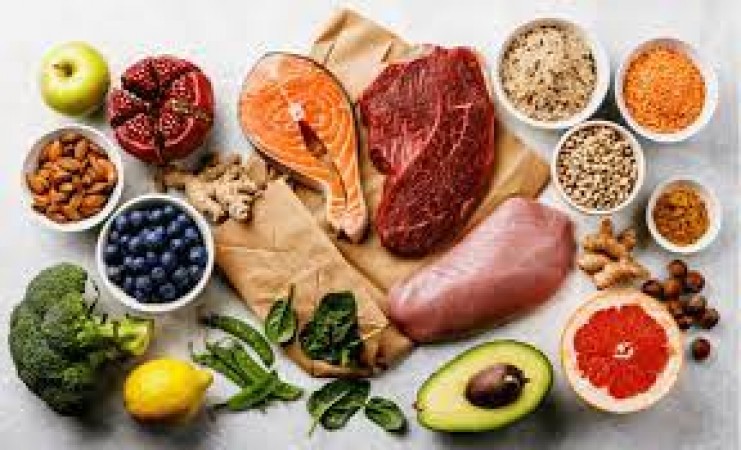
Chemotherapy, a common treatment for cancer, can take a toll on the body, affecting appetite, taste, and digestion. However, maintaining proper nutrition during this time is crucial for supporting overall health and aiding in recovery. Let's delve into some dietary considerations for individuals undergoing chemotherapy.
Importance of Nutrition During Chemotherapy
Chemotherapy can weaken the immune system and cause side effects like nausea, vomiting, diarrhea, and loss of appetite. Proper nutrition plays a vital role in managing these side effects, maintaining strength, and supporting the body's ability to fight off infections.
Balancing Nutritional Needs
During chemotherapy, the body's nutritional needs may change. It's essential to focus on consuming a balanced diet rich in essential nutrients such as protein, carbohydrates, fats, vitamins, and minerals.
Protein-Rich Foods
Protein is crucial for repairing tissues and supporting the immune system. Include lean meats, poultry, fish, eggs, dairy products, legumes, nuts, and seeds in your diet to meet your protein requirements.
Carbohydrates for Energy
Carbohydrates provide the body with energy. Opt for complex carbohydrates like whole grains, fruits, vegetables, and legumes to sustain energy levels throughout the day.
Healthy Fats
Incorporate healthy fats such as those found in avocados, nuts, seeds, olive oil, and fatty fish like salmon. These fats provide essential fatty acids and support overall health.
Hydration
Staying hydrated is essential during chemotherapy to prevent dehydration and help flush out toxins from the body. Aim to drink plenty of fluids throughout the day, including water, herbal teas, and clear broths.
Managing Digestive Issues
Chemotherapy can sometimes cause digestive issues such as nausea, vomiting, and diarrhea. To manage these symptoms, opt for bland, easy-to-digest foods such as crackers, toast, bananas, rice, applesauce, and boiled potatoes.
Small, Frequent Meals
Eating small, frequent meals throughout the day can help manage nausea and prevent feelings of fullness. Avoid large meals, spicy foods, and strong-smelling foods that may trigger nausea.
Ginger and Peppermint
Ginger and peppermint are natural remedies that may help alleviate nausea. Try incorporating ginger tea, ginger candies, or peppermint tea into your daily routine.
Foods to Avoid
During chemotherapy, certain foods may worsen side effects or interact with medications. It's best to avoid spicy, greasy, fried, and heavily processed foods. Additionally, limit your intake of alcohol and caffeine.
Consulting a Dietitian
Every individual's nutritional needs during chemotherapy may vary. Consulting a registered dietitian can provide personalized guidance and meal plans tailored to your specific needs and preferences. Maintaining proper nutrition during chemotherapy is essential for supporting overall health and well-being. By focusing on a balanced diet rich in essential nutrients, staying hydrated, and managing digestive issues, individuals undergoing chemotherapy can support their body's ability to heal and recover.
Belly Fat Be Gone: Know the Power of Lemon and Cumin Water to Reduce Belly
A short break refreshes the relationship, know how?
Follow this fundamental mantra for everlasting happiness, and keep sadness at bay